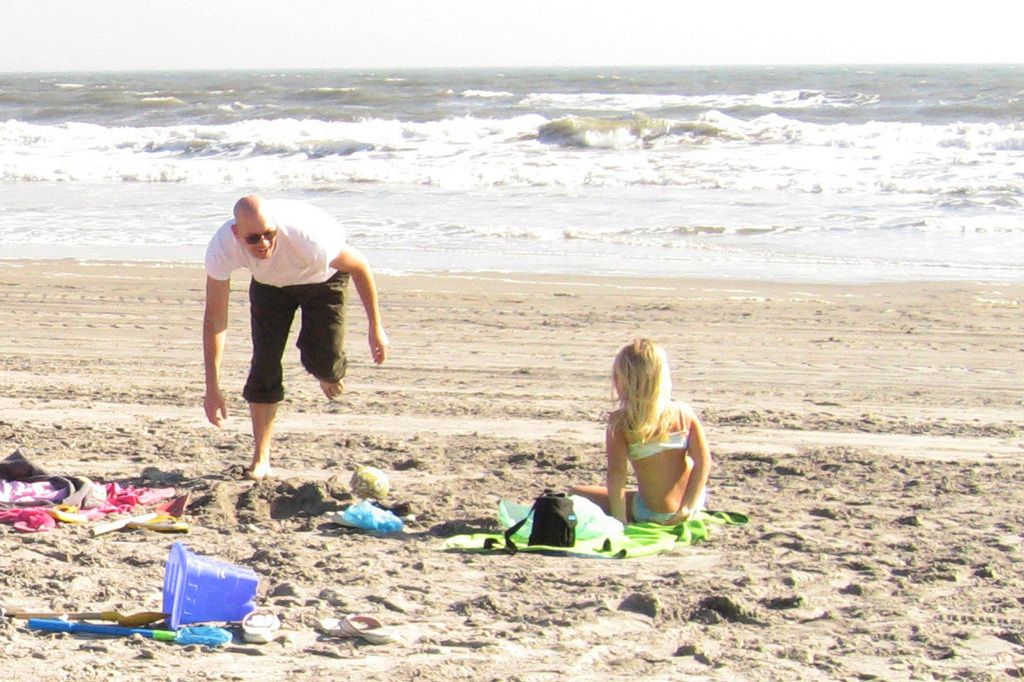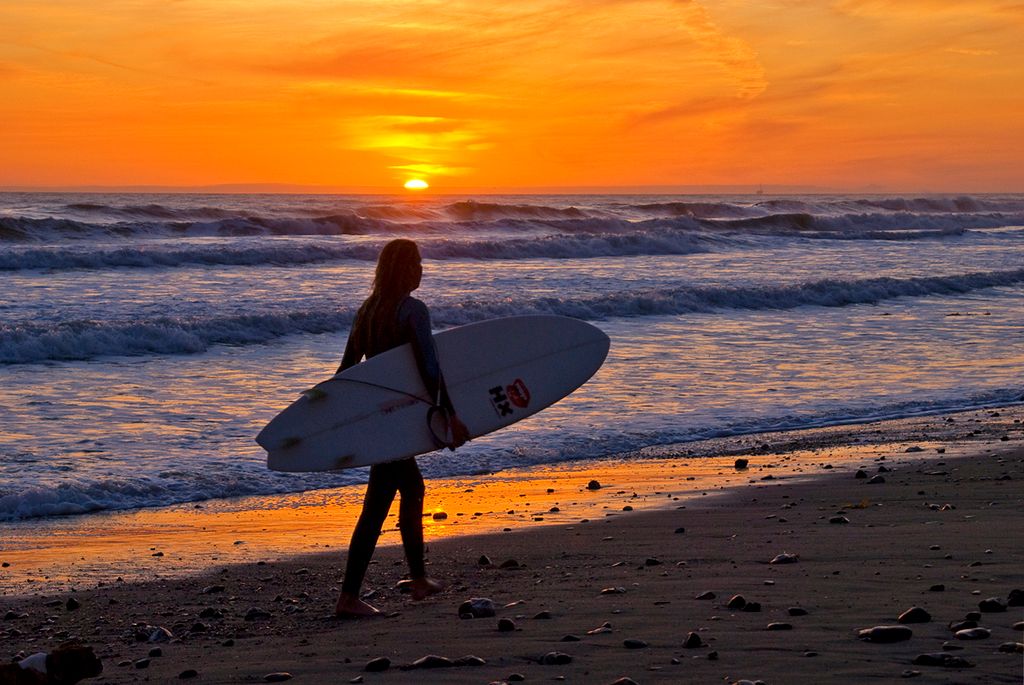Steering Clear of the Sizzle: Heat Safety Tips for German Sporting Enthusiasts
Avoid consuming alcohol and grilling food in the heat, as advised by Nina Warken.
As Germany soaks up the summer heat, Health Minister Nina Warken outlines a new heat protection plan. Topping the agenda? Regulated practices in the world of sports, encouraging participants to reconsider their habits.
Nina Warken, alongside the German Olympic Sports Confederation (DOSB), unveils three distinct heat protection strategies, all geared towards mitigating the hazards of extreme temperatures. The plans target psychotherapeutic practices, pharmacies, and organized sports.
Heat Awareness for All Per the Federal Ministry of Health's official website, the plans emphasize informing citizens about the potential health hazards posed by heat. Aiming to safeguard vulnerable populations, the plans zero in on the elderly, those with chronic illnesses, expectant mothers, young children, and athletes.
A Nation of Sports Lovers
Numbering approximately 28.8 million participants, sports enthusiasts in Germany are strongly urged to prioritize caution as mercury rises. In her introductory remarks, Minister Warken underscores the significance of the plan, issuing over a dozen guidance tips and recommendations across 13 pages.
- Climate and heat-related cancellation or postponement criteria for competitions
- Provision of watering cans or buckets filled with cold water
- Complimentary sunscreen and sunglasses for children
- Closing uncovered sporting facilities during hot weather
- Excluding sick athletes from competitions
- Extended summer breaks and shortened winter breaks
- Reducing alcohol and sugary, caffeinated, taurine beverages
- Avoiding open fires or grill catering
Fire Safety First In addition to traditional heat protection measures, pharmacies should augment their offerings in warm weather, supplying an increased number of water dispensers, expanding delivery services, and cautiously approaching high-risk individuals with explicit heat-related warnings. They should also address the installation of window shades, climate control systems, or ventilation systems.
Boosting Psychotherapeutic Practices Beyond what's traditionally found in heat protection plans, psychotherapeutic practices are to maintain a list of individuals at higher risk, reviewing medication plans and rearranging appointments to earlier or later times of the day.
Though the first nationwide heat protection plan was introduced in 2023 by Federal Health Minister Karl Lauterbach, France saw the creation of its inaugural plan as early as 2004. Regrettably, thousands of lives continue to be lost every summer in Germany due to the consequences of extreme heat.
Sources:1. Behavioral adaptation for health protection during heatwaves: A survey of participants at outdoor events (Wohlers, 2021)2. Assessing the risk of heatwaves in Germany (Seifert, 2004)3. Preventing heat-related illness in athletes in hot environments (Nicol, 2018)4. Prevalence of heat-related mortality risk factors in Germany (Wegner, 2019)5. Public health impact of high ambient temperatures in Germany: Seasonal patterns and spatial distributions (Mertens, 2014)
- The new heat protection plan, issued by Health Minister Nina Warken and the German Olympic Sports Confederation (DOSB), emphasizes the importance of community policy, particularly in the realm of sports, encouraging participants to adjust their habits due to concerns about extreme temperatures.
- In an effort to prioritize workplace-wellness and health-and-wellness, the heat protection plans unveiled by the Federal Ministry of Health focus on providing education to the public about potential health hazards associated with heat, specifically targeting vulnerable populations such as the elderly, those with chronic illnesses, expectant mothers, young children, and athletes.
- As a part of the measure to boost psychotherapeutic practices, the heat protection plans suggest that these practices maintain a list of individuals at higher risk, review medication plans, and rearrange appointments to earlier or later times of the day, addressing the needs of optimal health and fitness in the context of heat safety.








